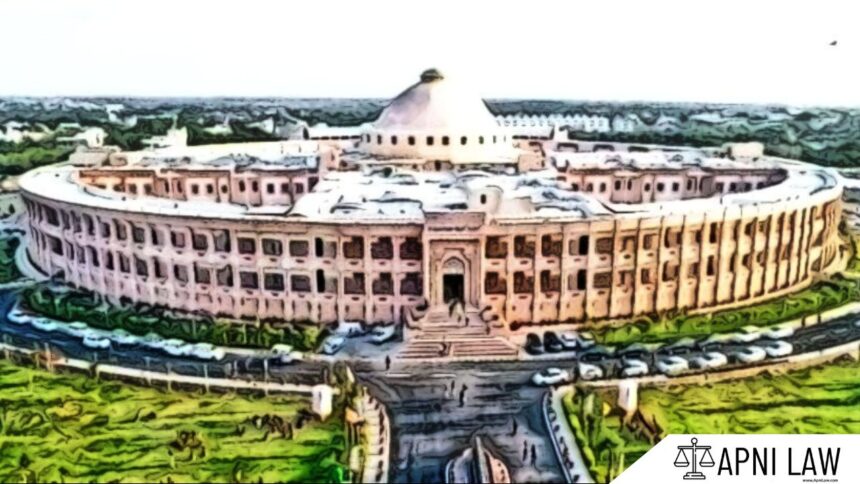Compassionate Appointment Not Based On Marital Status Of Daughter
The Rajasthan High Court has upheld the Central Administrative Tribunal’s (CAT) decision directing the State to grant compassionate appointment to a married daughter of a deceased railway employee. The division bench, comprising Justice Avneesh Jhingan and Justice Pramil Kumar Mathur, dismissed the State’s challenge, affirming that marital status does not disqualify a daughter from such an appointment.
Court Relies on Precedent
The Court referenced the full bench ruling in Smt. Heena Sheikh v. State of Rajasthan, which established that a married daughter is eligible for compassionate appointment. The deceased employee worked for North Western Railway, and after his death, his married daughter—being the sole surviving family member—applied for the job. However, her application was denied, prompting her to approach the CAT.
Tribunal’s Decision Upheld
The CAT, relying on the Heena Sheikh Case, directed the department to reconsider her application on merit. The State challenged this, arguing that her marriage and her husband’s employment rendered her ineligible. However, the High Court dismissed these objections, stating that CAT correctly applied the precedent.
Violation of Natural Justice
The Court also criticized the rejection order for being non-speaking, meaning it lacked reasoning. Since such orders have civil consequences, they must comply with principles of natural justice. The absence of proper justification made the decision unsustainable.
Final Verdict
Upholding CAT’s order, the Rajasthan High Court dismissed the State’s petition, reinforcing that marital status cannot be a barrier to compassionate appointments if the applicant meets eligibility criteria.








